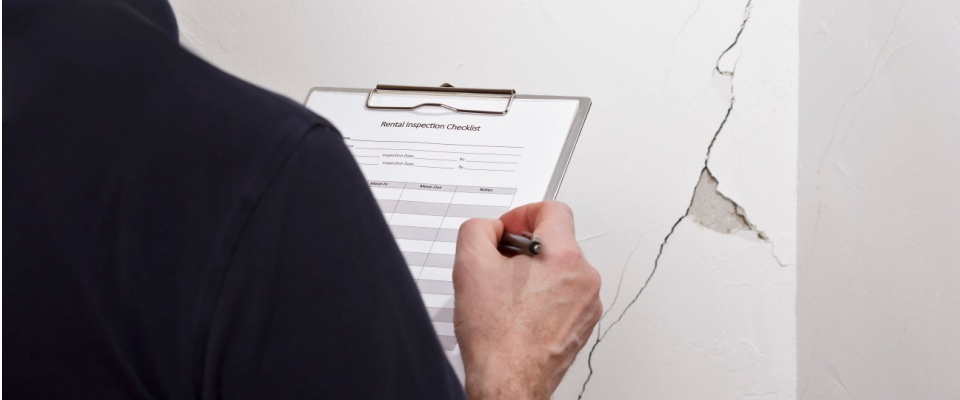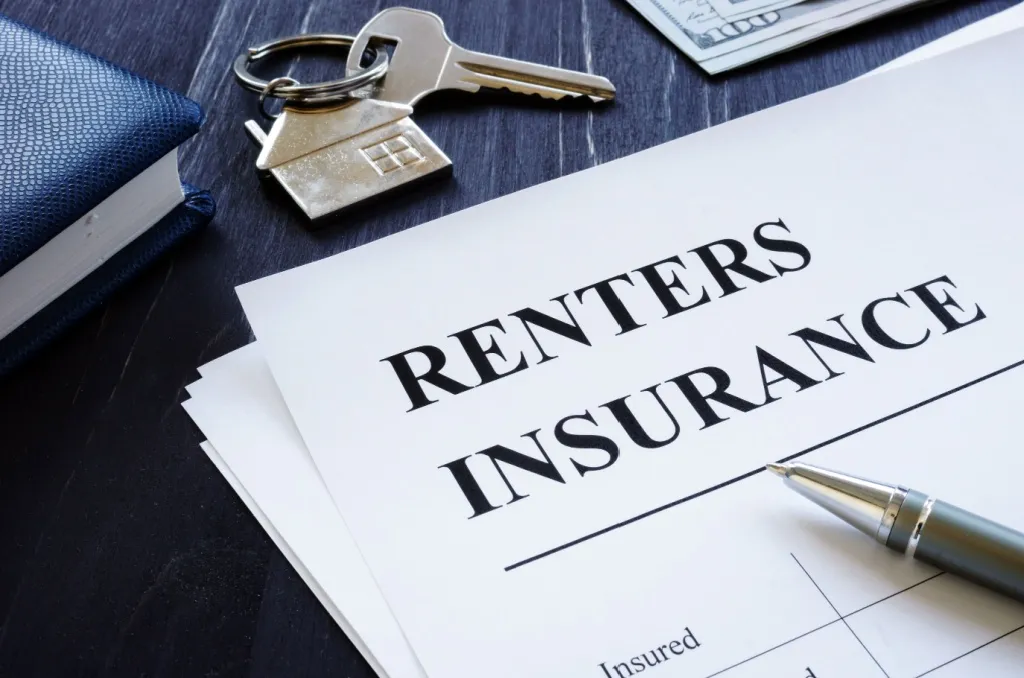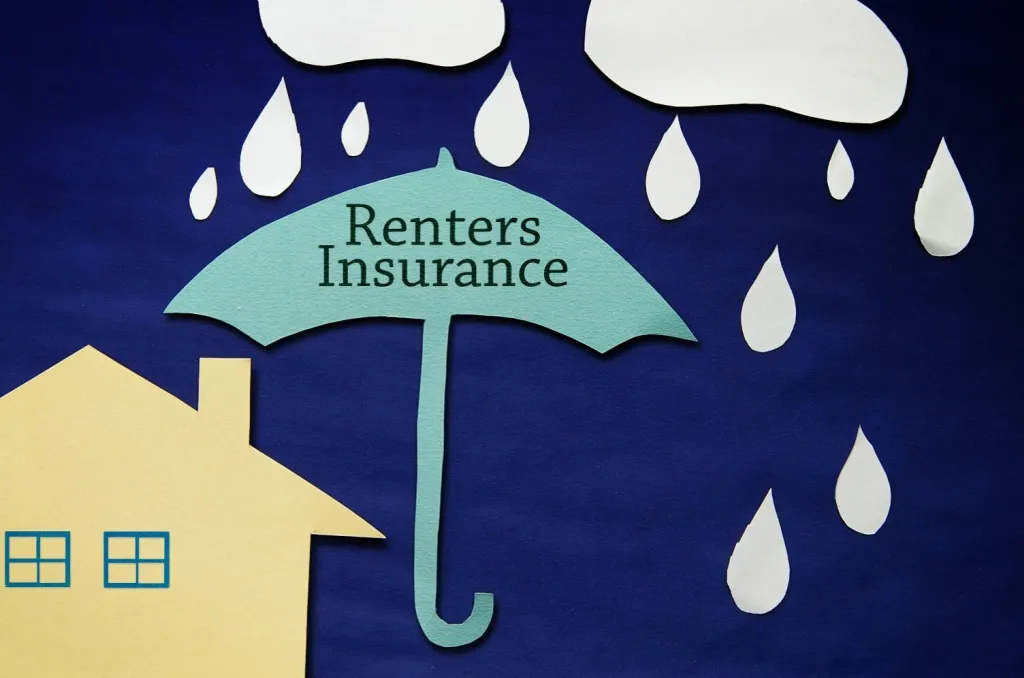One minute you’re sipping coffee on the couch, and the next, the floor is trembling, books are sliding off shelves, and your Wi-Fi cuts out mid-episode. Earthquakes hit fast and may leave you wondering not just, “What just happened?” but also, “Am I covered for this?”
That’s where another important question comes in: Does renters insurance cover earthquakes? That’s something every renter in quake-prone areas should know before the ground shakes again.
Many renters insurance policies don’t include earthquake protection by default, but that doesn’t mean you’re left unprotected. Let’s break it down so you know exactly where you stand, what’s covered, and what to do next to keep your belongings protected.

Does renters insurance cover earthquakes?
If the walls crack, your floor shifts, or your building suffers structural damage, your renters insurance likely won’t step in.
To protect your valuables against earthquake damage, you usually need an add-on or a separate earthquake insurance policy. For example, ResidentShield Insurance includes optional earthquake coverage in California, which can give renters in high-risk areas an extra layer of security. It’s a straightforward way to get peace of mind in one policy.
What’s typically covered under earthquake insurance?
If you decide to add earthquake coverage, here’s what it usually includes:
- Personal belongings: Furniture, clothes, electronics, and other items damaged by an earthquake.
- Additional living expenses: If your place becomes unlivable, earthquake coverage may help pay for temporary housing, food, or utilities.
- Repairs for certain damages: Some policies may help cover repairs or replacements related to interior damage caused directly by the earthquake.
Keep in mind that earthquake insurance often comes with higher deductibles than your standard renters policy. That means you’ll need to pay more out of pocket before coverage kicks in.
What’s not covered?
Even with earthquake insurance, not everything makes the cut. For example:
- Structural damage to the building: That’s usually your landlord’s responsibility.
- Flooding from tsunamis or aftershocks: You’ll need separate flood insurance for that.
- Broken landscaping or outdoor spaces: Yards, fences, or patios typically aren’t covered either.

Why should you care about earthquake coverage?
Even if your landlord’s insurance covers the building’s structure, if your personal items, such as your couch, laptop, or wardrobe, get damaged in a quake, you’ll be on your own unless you have the right coverage.
Renters in earthquake-prone areas should especially take this seriously. Even if you don’t think about earthquakes every day, staying protected against losing everything is worthwhile.
Do you really need earthquake insurance?
That depends on a few factors:
- Where you live. If you’re in California or another high-risk area, the chances of a quake are much higher.
- What you own. If replacing your belongings would cost you thousands, earthquake coverage may be one of the smartest moves you can make as a renter.
- Your budget. Earthquake coverage can be more expensive than basic renters insurance, so weigh the cost against the potential risk.

How can you add earthquake coverage?
You’ll likely need to go through additional steps to add earthquake coverage to your rental insurance policy:
1. Check with your renters insurance provider to see if they offer earthquake endorsements you can add to your existing policy.
2. Look at standalone policies. In some states, there are specialized providers that sell earthquake coverage separately.
3. Compare deductibles. Earthquake deductibles are often a percentage of your coverage amount, not just a flat fee. Make sure you understand what that means for your finances.
Final thoughts
So, does renters insurance cover earthquakes? Usually, you’ll need to add earthquake coverage or buy a separate policy if you want protection from quake-related damage.
With ResidentShield, you have the option to get earthquake coverage with your policy if you live in California.
In the end, the decision to add earthquake coverage comes down to weighing the cost of premiums and deductibles against the risk of losing everything you own. This is particularly important if you reside in an earthquake-prone area. At the very least, knowing your options puts you in control.




